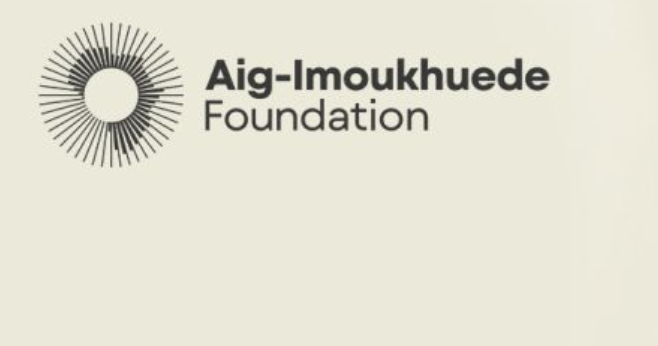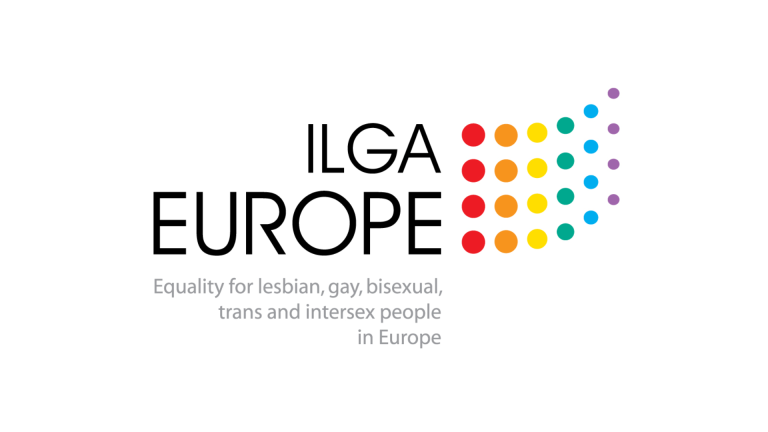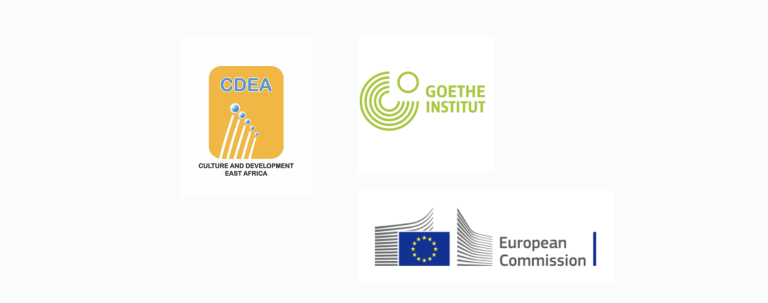Deadline: 21 July 2025
Culture and Development East Africa (CDEA) and the Goethe Institut in Tanzania are implementing a four-year project with financial contribution from the European Commission titled: Creative Youth for Social Cohesion Across Tanzania, co-named Vijana@Work.
- Programme: Culture and Governance
- Project Name: Creative Youth for Social Cohesion Across Tanzania (Vijana@Work)
- Job Title: Finance Support Officer
- Reports to: Finance Manager
- Organization: CDEA – Culture and Development East Africa
- Term: One year, renewable
- Start Date: 1/08/2025
About CDEA
At CDEA we believe that culture is the context in which development takes place. Culture is defined as “the set of distinctive spiritual, material, intellectual, and emotional features of society or a social group. In addition to the arts, it encompasses lifestyles, basic human rights, value systems, traditions, and beliefs.” This set of distinctive features that characterize a society or social group falls under what we commonly call cultural identity.
We define development as the expansion of choices not just growth of material production. Therefore, we see culture as the purpose of sustainable development and not just a facilitator or an impediment to economic growth. CDEA has three programmes namely: Culture and Governance, Documentary and Future, and Organization Development.
CDEA’s Vision
An East African Community where culture is at the centre of development
CDEA’s Mission
To support multi-stakeholders’ to use culture, creativity and ICTs as resources to stimulate the creative economy, achieve social justice and environmental balance within the East African Community
Motto
Promoting Creativity and Innovation
CDEA’s Core Values
- Respect for the diversity of cultural expressions
- Social cohesion and African cultural renaissance
- Professional excellence, Innovation, sustainability
- Integrity, credibility, transparency and accountability
- Empowerment, justice, equality and democracy
About Vijana@Work project
The project’s Specific Objectives, are:
- To enhance a cultural-based civic space for dialogue and action between youth-led organizations and local authorities through participatory governance stimulated by cultural-based interactive media and;
- To promote the rights of young people to be able to freely enjoy the arts through cultural spaces and participate in the cultural life of the community;
That will contribute to the overall objective of building social cohesion, constructive dialogue and cooperation with local authorities in Tanzania.
The project’s underpinning approach is the use culture as a facilitation tool and conveyer of social change ideas. The three priority themes (gender, climate change and artistic freedom) will guide the selection of youth-led projects and their cultural productions, their capacity building, the dialogues with local authorities and communities as well as the renewal and maintenance of civic spaces.
The project will have a direct impact on the (i) cultural sector, (ii) youth-led civil society organisations and (iii) local governance, dimensions that are reflected at the level of results and activities and in connection to the target groups, beneficiaries and stakeholders. The intervention logic aims to respond to the needs highlighted in recent years by CSOs and cultural actors, namely:
- to strengthen their capacities,
- to articulate their agenda,
- digital literacy and
- promotion of the artistic freedom.
These needs are broken down into four expected outputs:
- The accessibility and availability of cultural projects (cinema, theatre, radio) tackling stereotypical behaviours and societal stresses is enlarged through 2 open calls;
- The capacity of youth-led organisations as cultural, development and politically engaged actors is strengthened;
- Awareness is raised on social issues of concern by youth-led organisations, dialogue is enhanced with the respective local authorities and public support encouraged; and
- Cultural spaces are built/renovated in 14 target areas (7 zones for geographic diversity).
Responsibilities of the Finance Support Officer:
(S)he has the following responsibilities: – Coordinate all administrative tasks;
- General financial controlling;
- Budget monitoring and funds management;
- Financial, cash audit, bookkeeping, cash and payment transactions;
- Accounting, annual financial statements and interim financial statements;
- Review of the economic viability of all project expenditures;
- Booking preparation incl. payment transactions, cheques and internet banking;
- Review of documents justifying payment and booking in SAP;
- Document booking local currency and €, bank booking and cash in SAP;
- Correspondence in connection with cash management and invoice receipt;
- Acceptance, review and forwarding of all incoming invoices to the responsible project manager.
Qualifications and Skills:
- A bachelor’s degree in finance, accounting, or a related field
- Two years’ work experience in financial management in a civil society organization
- Experience in areas such as financial management, budgeting, financial analysis, and accounting is crucial
- Demonstrating a proven track record of success in previous roles is essential.
- Ability to learn and be a team player in implementing the project
- Strong analytical abilities to interpret financial data, identify trends, and solve problems.
- Excellent written and verbal communication skills to effectively convey financial information to various stakeholders
- High degree of accuracy and attention to detail is essential for financial tasks.
- Proficiency in English and Kiswahili
- Must be a Tanzanian citizen
How to Apply
If you have these qualifications and are interested in this position, please send your application letter, and CV with two referees by email to Secretariat@cdea.or.tz copied to Cdea.Tanzania@yahoo.com before July 21st 2025, addressed to:
Executive Director
CDEA-Culture and Development East Africa
P.O. Box 13355,
Dar es Salaam,
Tanzania
Youth and Female candidates are encouraged to apply.





